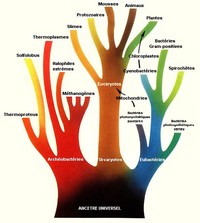Most of the whining comes because Office 2008 does not include Visual Basic. In some respects, this is welcome change because Office never should have had Visual Basic. VBA is what enabled the Macro Virus. Furthermore, Office 2009 (for Windows) is not going to have VBA, either.The poster immediately goes on to sneer at OpenOffice for allegedly not being able to do things Office can do (without ever mentioning specifics) and at Keynote because everybody uses PowerPoint (while acknowledging that “Keynote rocks — it got Al Gore both an Oscar and the Nobel Prize”).However, not shipping VBA in Office 2008 means that people who want to have cross-platorm documents that are pseudo-applications have to deal with it in 2008, not 2009. That’s worth complaining about.
— Microsoft Has Trouble Programming the Intel Architecture, by mordaxus, Emergent Chaos, 16 Jan 2008
When Microsoft can manage to annoy even slavish users like that by breaking backwards compatibility, MSFT has a problem. No doubt no VBA in Office isn’t the last straw, but it isn’t the first, either.
-jsq

